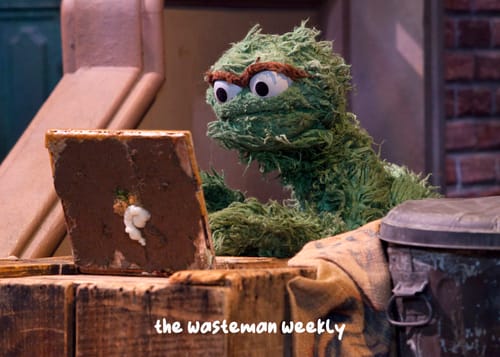Ok, so yes I know Christmas has passed - but I stumbled on this really unique video during the holidays that I just had to share, not only because its funny, but because it also gives a really cool view as to how composting works.
How Does Composting Work?
Composting is nature’s ultimate recycling program, turning your food scraps and yard waste into rich, fertile soil. Think of it as a win-win: you reduce waste and create something valuable for your garden. But how does it work? Let’s break it down.
The Ingredients for Composting Magic
Composting needs three main ingredients:
- Greens: Think fruit and veggie scraps, coffee grounds, and grass clippings. These are rich in nitrogen.
- Browns: Dry leaves, branches, and cardboard. These bring carbon to the mix.
- Air and Water: Oxygen and moisture help microbes break everything down.
The secret is balance. Too many greens? You get a stinky pile. Too many browns? Decomposition slows. Aim for a mix of about 2-3 parts browns to 1 part greens.
The Breakdown Process
- Microbes Get to Work: Tiny organisms like bacteria and fungi start eating the greens and browns. They produce heat as they break down the material, which is why a good compost pile feels warm to the touch.
- The Heat Zone: Temperatures in a compost pile can reach up to 150°F! This heat kills harmful pathogens and weed seeds.
- Turning Time: Regularly turning the pile adds oxygen, which keeps the microbes happy and speeds up decomposition.
- Finished Compost: After a few weeks to months, the pile turns into dark, crumbly compost that smells earthy. This nutrient-rich “black gold” is ready to feed your garden.
Why Compost?
Composting keeps food and yard waste out of landfills, where they would otherwise release methane, a potent greenhouse gas. Instead, it transforms waste into a powerful tool for growing healthy plants and improving soil.
So grab those veggie scraps and start composting! Whether it’s in your backyard, a community program, or even a countertop bin, you’re helping the planet one banana peel at a time.








